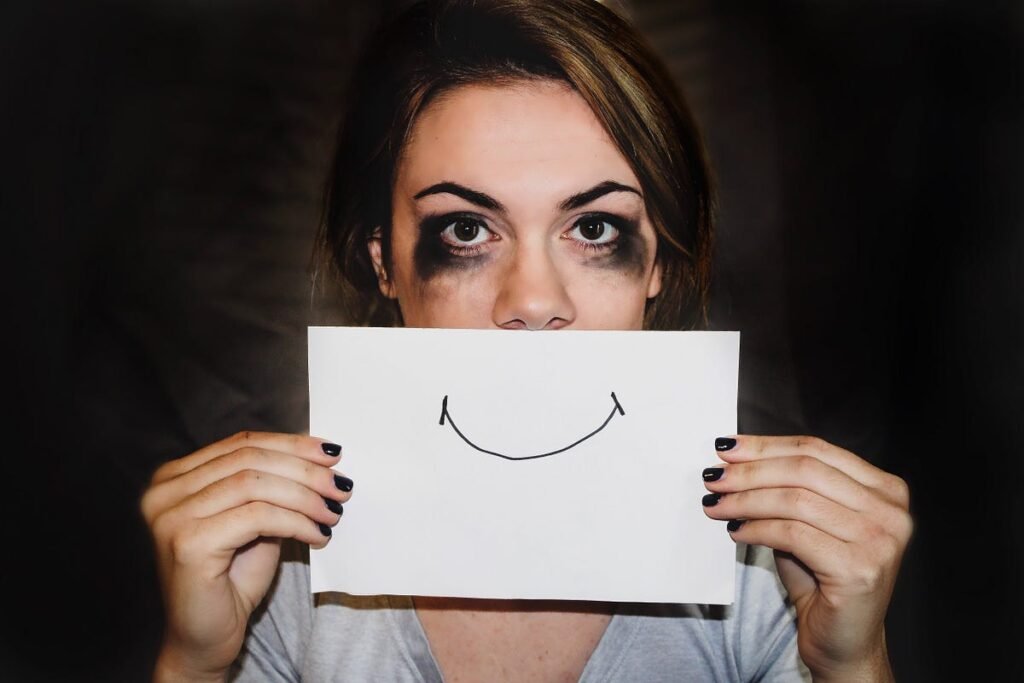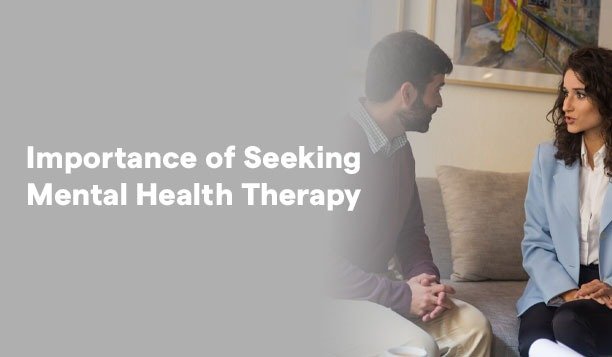For generations, Indian women have been expected to carry the emotional weight of their families—often silently. Anxiety was “overthinking,” depression was “weakness,” and therapy was whispered, if mentioned at all.
But today, a powerful shift is taking place.
Indian women—from college students and working professionals to mothers and grandmothers—are stepping forward and speaking openly about mental health. They are not just seeking help; they’re reshaping the national narrative around emotional wellbeing.
This is more than just a trend. It’s a revolution—and it’s long overdue.
The Cultural Silence Around Mental Health
In many Indian households, emotional struggles are minimized.
Women are told:
- “You’re just too sensitive.”
- “It’s all in your head.”
- “Be strong—for your family.”
This generational gaslighting, combined with societal pressure to be the “perfect daughter, wife, or mother,” has long kept women from addressing their mental health.
But now, with greater access to information, digital communities, and urban mental health services, women are pushing back against this silence.

Women Leading the Conversation
A new wave of Indian women—celebs, creators, and everyday changemakers—are using their platforms to speak out:
- Deepika Padukone publicly shared her battle with depression and later launched the Live Love Laugh Foundation, providing accessible mental health support.
- Shaheen Bhatt wrote I’ve Never Been (Un)Happier, chronicling her journey through clinical depression and sparking nationwide conversations.
- Influencers like Anjali Vaswani, Rega Jha, and therapists such as Anna Chandy are using Instagram to normalize therapy, self-awareness, and boundaries.
These women aren’t being brave for just speaking up—they’re being transformative.
Therapy Is No Longer a Dirty Word
In urban India especially, more women are choosing therapy over suppression.
And they’re doing it unapologetically.
Whether it’s trauma healing, relationship counselling, anxiety management, or postpartum therapy—women are embracing mental health as an essential part of self-care.
Apps and platforms like:
- Therapize India
- MindPeers
- YourDOST
- The Alternative Story
…have made therapy more affordable, discreet, and available in regional languages—helping women across diverse backgrounds access support.
Online Communities as Safe Spaces
Social media has played a key role in reducing the shame around mental health.
Instagram pages like:
- Mental Health India
- The Thought Co.
- Project Anti-Cast
…are filled with memes, infographics, and real-life testimonials that speak the language of today’s women—relatable, honest, and unfiltered.
Anonymous forums like Reddit’s r/IndianWomen and private Facebook groups have also become lifelines for emotional connection, peer validation, and shared healing.
From Awareness to Advocacy
It’s not just about healing ourselves—it’s about breaking cycles.
More women are now:
- Discussing therapy with friends and siblings.
- Teaching their children emotional vocabulary.
- Encouraging partners to seek counselling.
- Challenging mental health stigma in workplaces.
Mental health is no longer seen as indulgence or weakness—it’s a life skill.
A necessity. A priority.
One Woman’s Healing Becomes Another’s Hope
What we’re seeing is a ripple effect.
When one woman speaks openly about her therapy journey, five others around her feel less alone. When a mother goes to therapy, she raises emotionally aware children. When a manager encourages mental health days, the entire team breathes easier.
This is how social change begins—not always with a loud movement, but often with quiet courage.
The New Language of Mental Wellness
Indian women today aren’t just going to therapy. They’re also:
- Reading books like Maybe You Should Talk to Someone and Man’s Search for Meaning.
- Practicing journaling, inner child work, and EFT tapping.
- Using terms like “emotional labor,” “boundaries,” “burnout,” “self-regulation”—language that was never available to their mothers or grandmothers.
This vocabulary isn’t just trendy; it’s liberating. It helps women name their pain, validate their experience, and choose growth over guilt.
Therapy Is Becoming a Self-Care Ritual
Mental health care is becoming part of a holistic self-care routine:
- Therapy on Tuesdays
- Meditation on weekends
- Yoga nidra after a tough day
- Evening calls with a coach or support group
- Mindful content curation on social media
It’s not about being perfect. It’s about being in tune.
Even brands in wellness and beauty are catching on—adding mental health messaging to their campaigns, featuring therapists in their reels, and funding workshops for employees.
But There’s Still Work to Do
While this shift is promising, let’s not forget the realities:
- In rural and semi-urban India, access to quality mental health care remains extremely limited.
- Language barriers, affordability, and lack of awareness are still huge obstacles.
- Stigma may be reducing, but in many homes, it’s still taboo to talk about anxiety, trauma, or abuse.
Also, many therapists and platforms are still urban, upper-middle class, English-speaking spaces.
We need regional-language therapists, affordable options, insurance coverage, and more Dalit, queer, disabled, and neurodiverse representation in mental health spaces.
What You Can Do
Whether you’re new to therapy or already deep into your healing, here are small but powerful things you can do to normalize mental health conversations:
✅ Talk about your experience—without shame.
✅ Recommend a therapist to a friend like you would a salon.
✅ Challenge toxic narratives like “good girls don’t talk back.”
✅ Support mental health creators and initiatives.
✅ Ask your workplace to offer mental health days or reimburse therapy.
✅ Teach kids emotional literacy from a young age.
And most of all—be gentle with yourself.
Final Thought: The Future Is Emotionally Free
Indian women are no longer bottling things up “to keep the peace.”
They’re journaling, crying in therapy, setting boundaries, asking hard questions—and choosing peace over performance.
This quiet revolution is not just transforming individuals; it’s healing generations of inherited silence.
By normalizing therapy and emotional wellbeing, Indian women aren’t just changing their lives—they’re changing the emotional future of our country.
So if you’re going to therapy, if you’re thinking about it, or even just talking about mental health—know this:
You are not alone. You are not weak.
You are powerful beyond belief.

